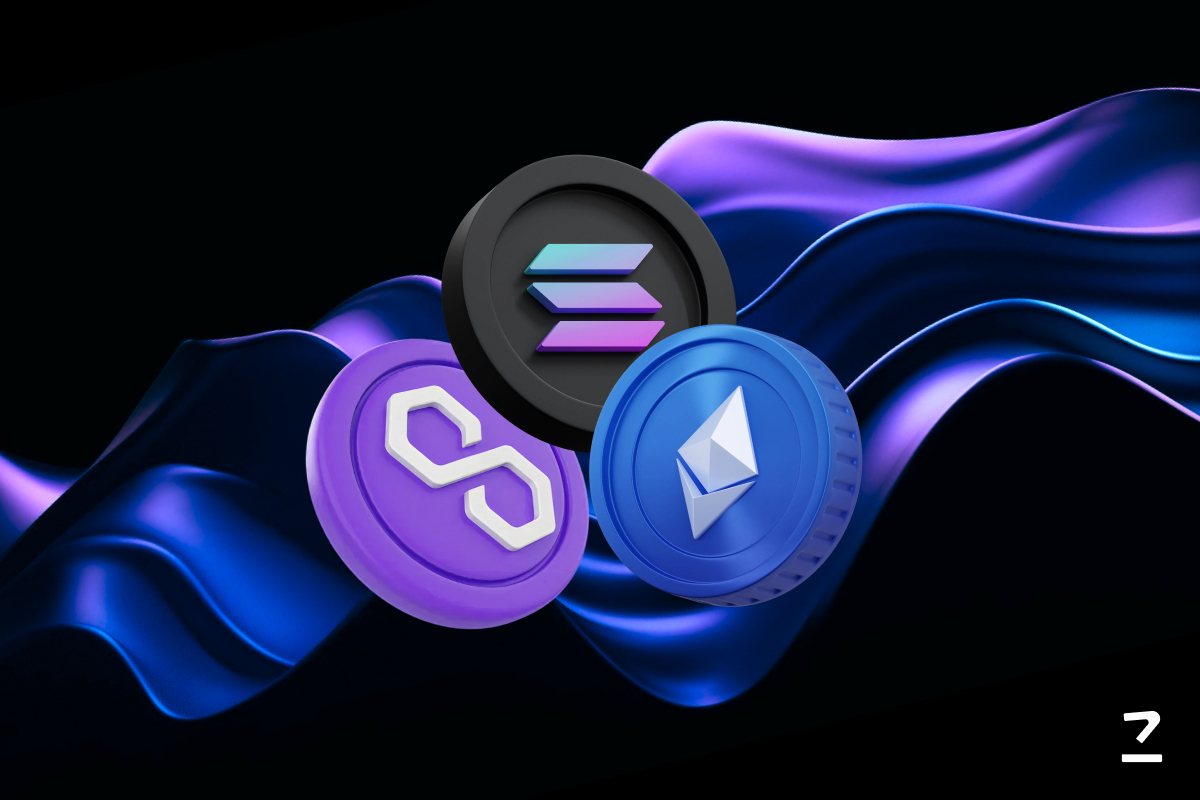SHARE THIS ARTICLE
How Zero Knowledge Powers AI Integrity in Web3 Through the zkCopilot Stack
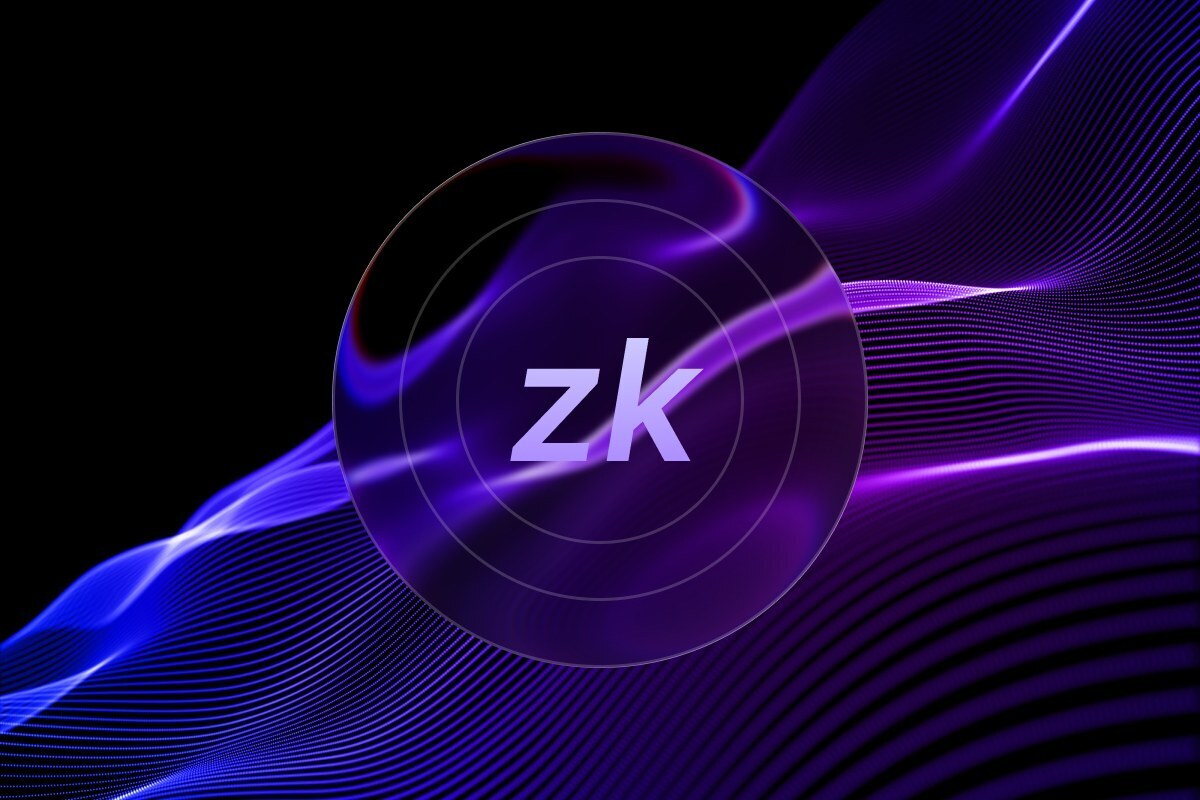
AI systems are everywhere. They generate text, flag fraud, power voice assistants, and help investors make decisions. But as they grow smarter, a simple question grows louder: can we trust them?
Most AI models today function as black boxes. Inputs go in and predictions come out, but how those results are calculated is anyone’s guess. For enterprises and users alike, this raises a serious challenge. Trusting outputs blindly is no longer enough.
This is where zero knowledge comes in. Zero knowledge proofs, or ZKPs, offer a cryptographic method to prove something is true without revealing the underlying information. When applied to AI, they allow systems to verify that a model made a correct decision without showing the entire logic or data used.
The zkCopilot Stack is one approach to bringing this to life. It combines zero knowledge architecture, blockchain infrastructure, and AI workflows to create a transparent system where AI can prove its integrity on-chain. For enterprises and Web3 developers alike, this could mark a major shift in how AI is used, verified, and trusted.
The Challenge of Trust When AI Models Act Like Black Boxes
AI models are complex. Deep learning systems can contain millions of parameters trained on large datasets, many of which are not publicly accessible or easy to audit. When these models make decisions, like approving loans, recommending treatments, or flagging content, there is often no way to understand why.
For users, this lack of clarity leads to doubt. For regulators, it leads to compliance challenges. For enterprises, it creates risk.
There is a growing demand for verifiable AI. Organizations want systems that not only perform well but can also prove they are behaving fairly and consistently. This is especially true in industries like healthcare, finance, and public services.
Black box models don’t offer this. Once deployed, their internal logic remains hidden. Biases can remain unchecked. Changes to the model can go unnoticed. Without transparency, trust breaks down.
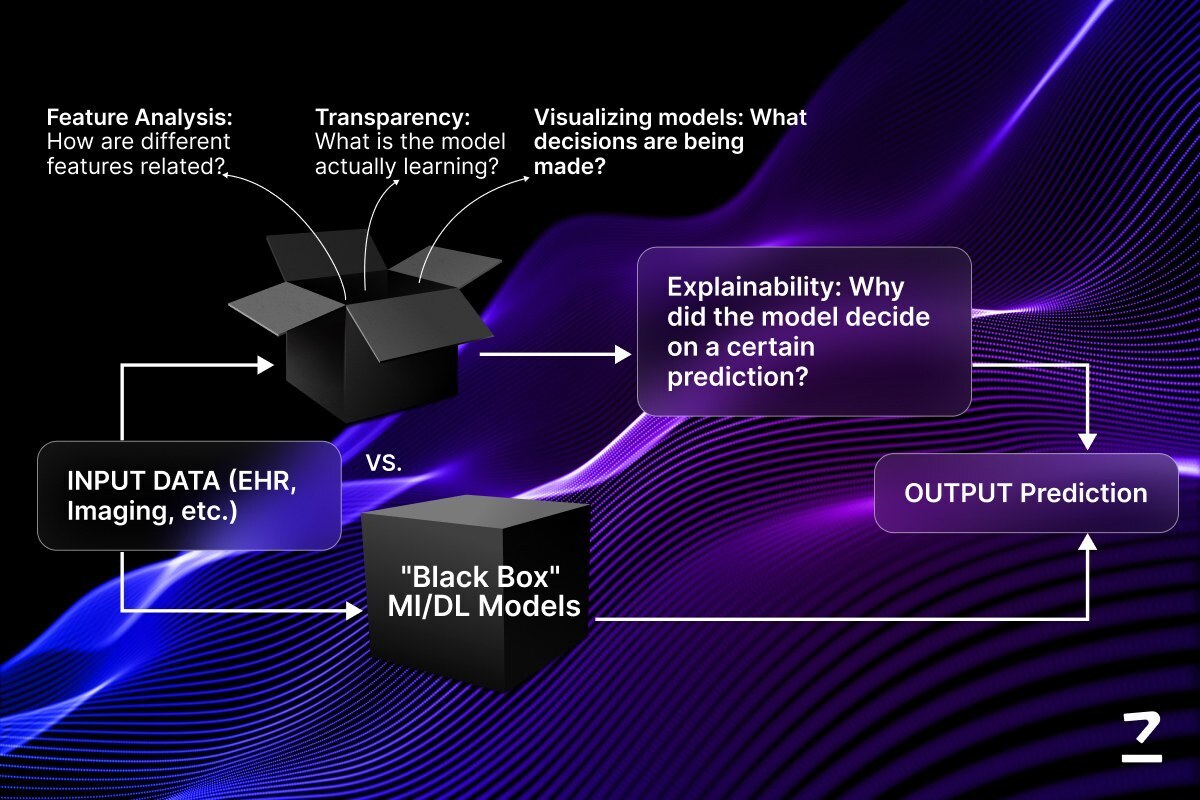
What is needed is a system that lets you check if a model followed the rules, without forcing you to see every line of code or private data point. This is exactly what zero knowledge proofs are designed for.
What Zero Knowledge Proofs Are and Why They Matter in Web3 AI
Zero knowledge proofs let someone prove a statement is true without revealing any additional information. Think of it like proving you know a password without showing the actual password.
In the blockchain space, ZKPs have been used to make private transactions and scalable systems possible. Technologies like zkSNARKs and zkSTARKs allow users to batch and verify transactions quickly without exposing data. This has led to the rise of layer-2 scaling solutions like zero knowledge rollups on Ethereum that combine privacy and performance.
ZK-rollup solutions work by bundling multiple transactions off-chain, generating a zero knowledge proof of correctness, and then posting only the proof on-chain. This keeps things fast and secure.
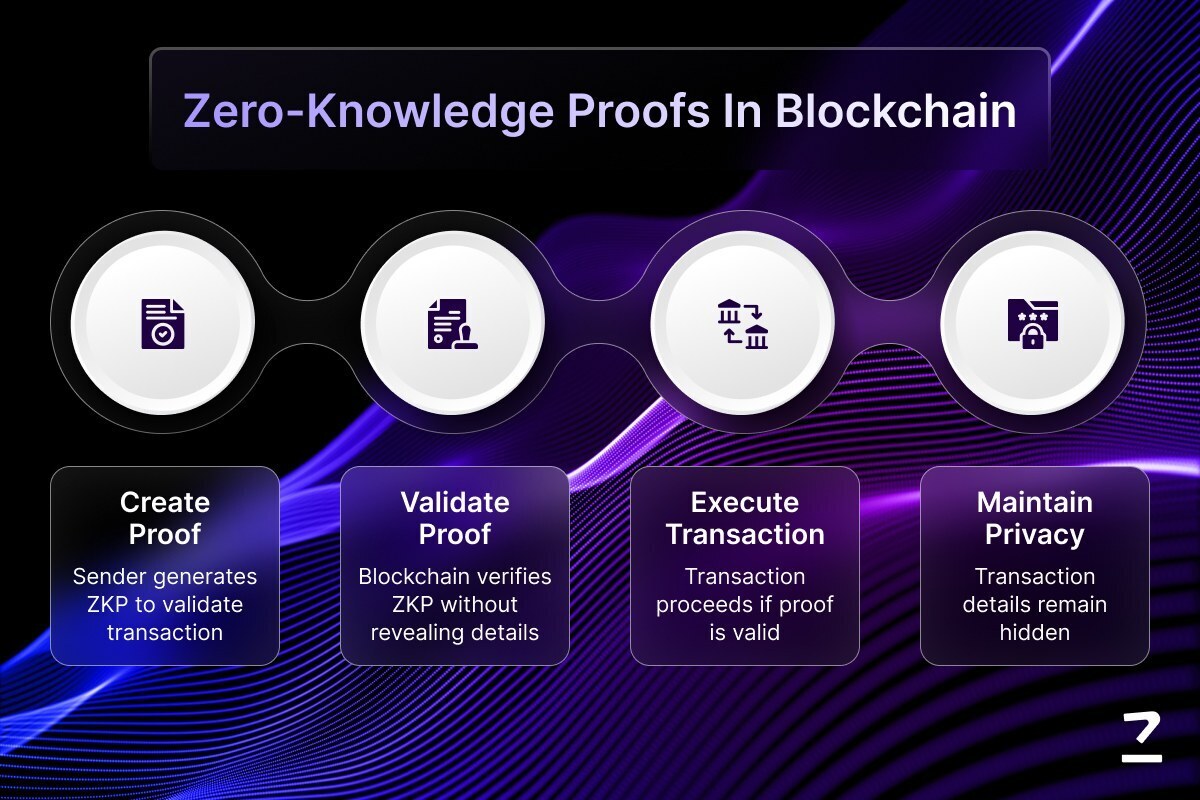
Now imagine applying this to AI. Instead of proving a transaction is valid, you prove that a model made a valid prediction. You don’t reveal the full model. You don’t reveal the input data. You only prove that the output followed the expected logic.
This is the foundation of zkML, or zero knowledge machine learning. It’s a new field where models, datasets, and inferences can be verified without giving up privacy or control.
Understanding the zkCopilot Stack for Verifiable and Private AI Systems
The zkCopilot Stack is a framework that combines zero knowledge cryptography with AI model workflows. Its goal is simple: to make AI verifiable on-chain.
Here is what the stack includes:
zkML Execution Layer
This is where the model runs. Instead of producing just an output, it also generates a zero knowledge proof of how that output was derived.
Blockchain Logging Layer
The proofs are logged on-chain. This creates an immutable record that can be verified by anyone without needing access to the data or model itself.
zkEVM or Smart Contract Layer
Business logic runs through smart contracts on zkEVMs. This makes it possible to use verified AI outputs in real Web3 applications.
Privacy Enhancing Tools
The stack also includes support for user privacy. For instance, users can prove certain traits such as age or location without revealing their full identity. This is made possible through zero knowledge credentials.
This architecture makes sure that AI systems can prove their behavior while maintaining both performance and privacy. It is a trust-first design that aligns well with the values of Web3.
Use Cases of Zero Knowledge Machine Learning in Web3
The idea of verifiable AI might sound abstract, but it is already starting to take shape in real use cases.
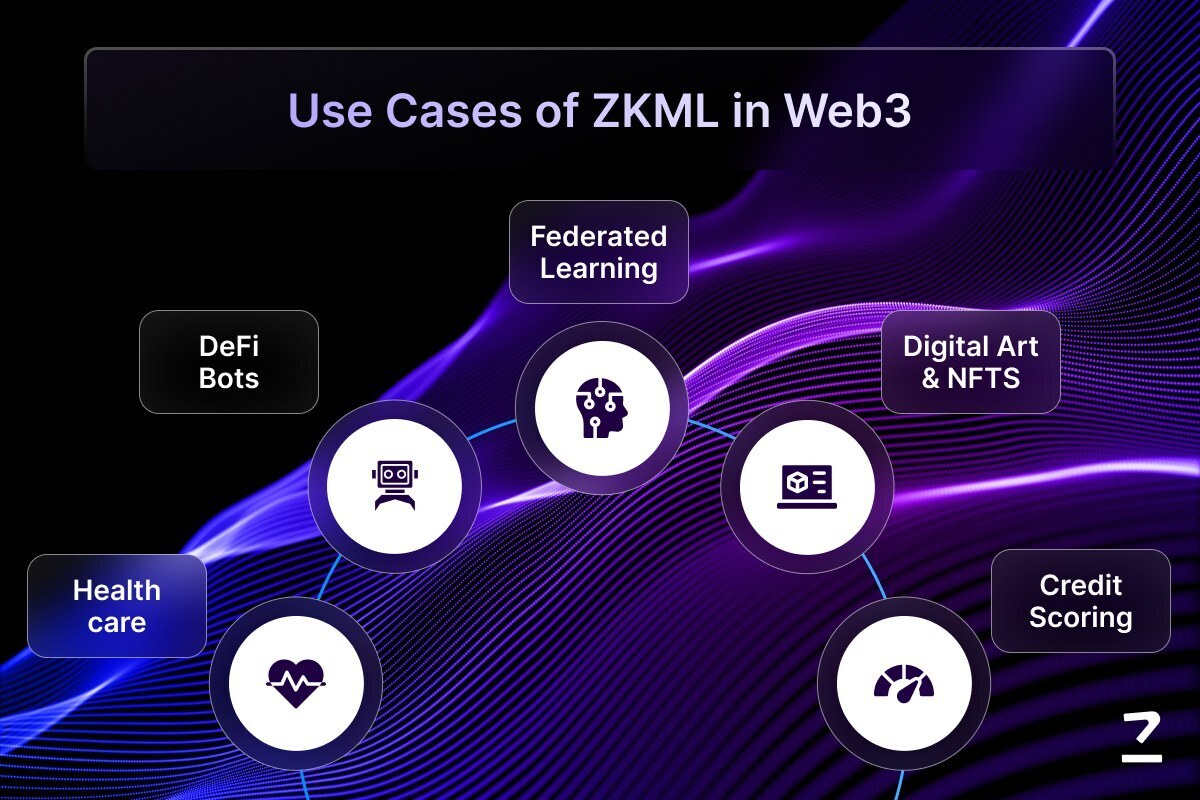
DeFi Credit Engines
Think of a decentralized lending platform that uses an AI model to determine borrower risk. Today, users have to trust the platform's internal scoring system. With zkML, the platform can prove that the risk score followed a specific model without exposing the applicant's private financial data.
Identity Systems with zkCredentials
Web3 identity is evolving fast. Projects are building zero knowledge credentials that let users prove things like their education, credit history, or citizenship without revealing any extra details. When combined with AI for onboarding or fraud detection, these systems can stay private and auditable at the same time.
AI in On-Chain Games
In Web3 gaming, NPCs or bots may use AI to drive interactions. If that AI decides outcomes like wins or losses, players need to know the system is fair. Zero knowledge proofs can help prove that decisions were made according to the rules without leaking the logic behind the gameplay.
These are just a few examples. From compliance tools to DAO decision-making, the potential for verifiable AI spans across every Web3 vertical. Reasons Enterprises Should Care About Verifiable AI and Where to Begin.
Reasons Enterprises Should Care About Verifiable AI and Where to Begin
Enterprises are under pressure to use AI responsibly. Global regulations are moving toward requiring AI transparency, explainability, and fairness. The European Union’s AI Act and similar policies in the United States and Asia are pointing in the same direction.
Using zero knowledge to verify AI decisions helps businesses stay ahead of this shift. It gives them the ability to prove compliance, build user trust, and protect proprietary data all at once.
For example, a healthcare company using an AI model to detect disease can prove that its model followed regulatory standards without disclosing sensitive medical data. A financial service can use verifiable AI credit scoring while staying compliant with privacy laws.
Starting with a blockchain development company that understands both ZK architecture and AI workflows is key. Codezeros is already exploring frameworks like zkML, zkEVM, and privacy-preserving verification to help clients deploy trustworthy systems.
If your business handles data-driven decisions, connect with us to consider how those decisions are verified.
How Zero Knowledge Builds Trust in AI for Web3
Zero knowledge proofs started as a privacy tool. Over time, they became a scaling solution for blockchains. Now they are shaping up to be the answer to one of AI’s biggest questions. Can we trust it?
The zkCopilot Stack is a practical approach that combines ZK cryptography with AI workflows to enable provable and privacy-preserving intelligence. It aligns with the core values of Web3, such as transparency, decentralization, and user control.
As more enterprises explore how to bring AI into secure and compliant environments, zero knowledge systems will be central to the solution.
The future of AI is not just about smarter models. It is about models that can prove they are right. And with tools like the zkCopilot Stack, that future is already within reach.
Post Author

Explore Deep's insightful blog posts that help businesses stay ahead of the curve, explore new possibilities, and unlock the full potential of blockchain technology
Build privacy-preserving AI workflows with verifiable outputs using zero-knowledge and on-chain infrastructure.
Partner with Codezeros to integrate zkML execution, smart contracts, and blockchain logging layers into your AI systems. Our team helps enterprises deploy trust-first solutions with scalable, transparent, and provable machine learning models.


